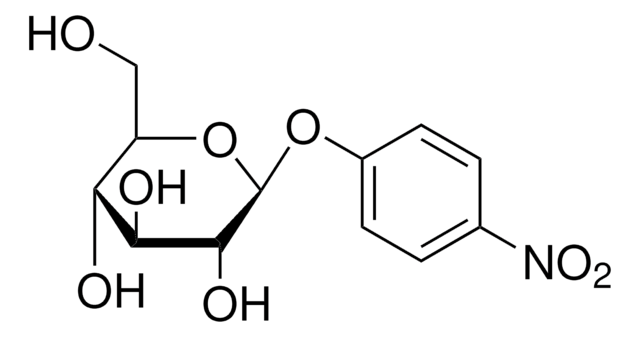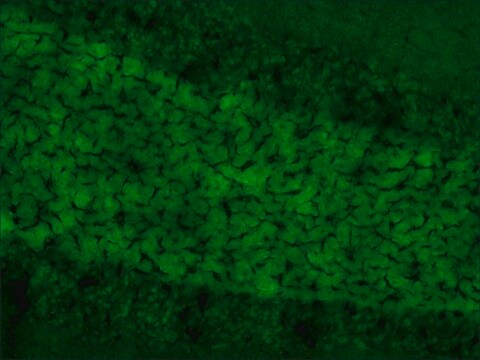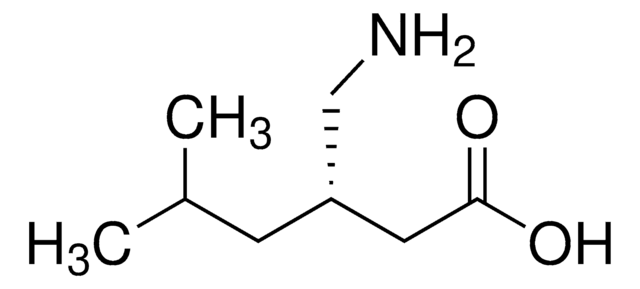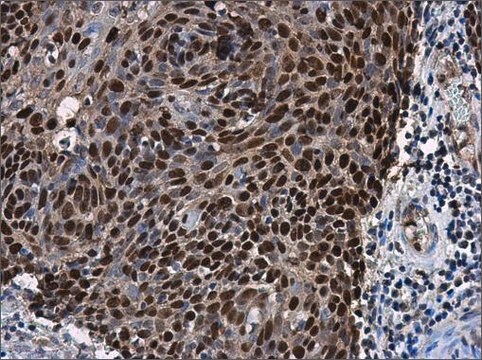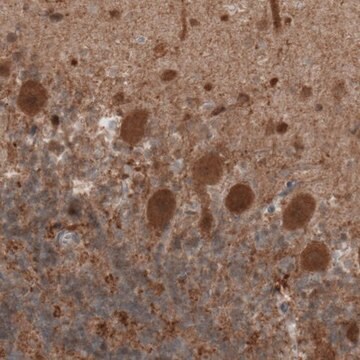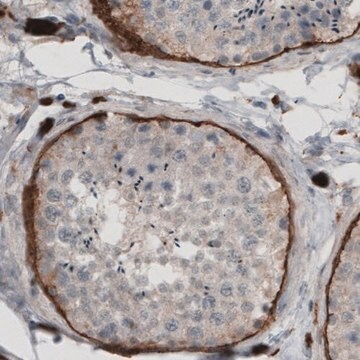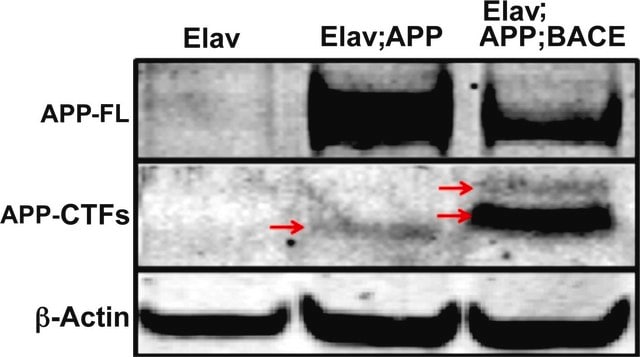IM03
Anti-Cathepsin D (Ab-1) Mouse mAb (BC011)
liquid, clone BC011, Calbiochem®
Sign Into View Organizational & Contract Pricing
All Photos(1)
About This Item
UNSPSC Code:
12352203
NACRES:
NA.43
Recommended Products
biological source
mouse
Quality Level
antibody form
purified antibody
antibody product type
primary antibodies
clone
BC011, monoclonal
form
liquid
contains
≤0.1% sodium azide as preservative
species reactivity
human
manufacturer/tradename
Calbiochem®
storage condition
do not freeze
isotype
IgG2a
shipped in
wet ice
storage temp.
2-8°C
target post-translational modification
unmodified
Gene Information
human ... CTSD(1509)
General description
Anti-Cathepsin D (Ab-1), mouse monoclonal, clone BC011, recognizes latent and mature form and the ~34 kDa subunit in breast carcinoma tissue extracts. It is validated for WB and for paraffin sections.
Purified mouse monoclonal antibody generated by immunizing CB6F1 mice with the specified immunogen and fusing splenocytes with SP2/0 cells. Recognizes the ~52 kDa pro-cathespin D, the ~48 kDa mature cathepsin D, and the ~34 kDa subunit of cathespin D.
Recognizes the ~52 kDa latent form, the ~48 kDa mature form, and the ~34 kDa subunit of cathepsin D in breast carcinoma tissue extracts.
Immunogen
mature, human cathepsin D
Application
Immunoblotting (1 µg/ml)
Paraffin Sections (5 µg/ml, trypsin pre-treatment required)
Paraffin Sections (5 µg/ml, trypsin pre-treatment required)
Packaging
Please refer to vial label for lot-specific concentration.
Warning
Toxicity: Standard Handling (A)
Other Notes
Does not detect the ~14 kDa subunit of cathespin D, nor will it detect cathespins B or L. Cathepsins are secreted and accumulate in conditioned tissue culture media and can be detected by immunoblotting from this source. Some cell extracts do not contain sufficient cathepsin for detection by immunoblotting. Antibody should be titrated for optimal results in individual systems.
Rochefort, H. 1992. Eur. J. Cancer.28A, 1780.
Rochefort, H. 1990. in Seminars in Cancer Biology, ed. M.M. Gottesman. Vol. 1(2), 153.
Westly, B. and Rochefort, H. 1980. Cell20, 352.
Barrett, A.J. 1977. in Proteinases in Mammalian Cells and Tissues, ed. Barret, A.J. (North Holland, New York), pp. 209.
Rochefort, H. 1990. in Seminars in Cancer Biology, ed. M.M. Gottesman. Vol. 1(2), 153.
Westly, B. and Rochefort, H. 1980. Cell20, 352.
Barrett, A.J. 1977. in Proteinases in Mammalian Cells and Tissues, ed. Barret, A.J. (North Holland, New York), pp. 209.
Legal Information
CALBIOCHEM is a registered trademark of Merck KGaA, Darmstadt, Germany
Not finding the right product?
Try our Product Selector Tool.
Storage Class Code
11 - Combustible Solids
WGK
WGK 1
Flash Point(F)
Not applicable
Flash Point(C)
Not applicable
Certificates of Analysis (COA)
Search for Certificates of Analysis (COA) by entering the products Lot/Batch Number. Lot and Batch Numbers can be found on a product’s label following the words ‘Lot’ or ‘Batch’.
Already Own This Product?
Find documentation for the products that you have recently purchased in the Document Library.
Cecilia Bivik et al.
Carcinogenesis, 28(3), 537-544 (2006-09-05)
Stress-induced heat shock protein 70 (Hsp70) effectively protects cells against apoptosis, although the anti-apoptotic mechanism is still undefined. Exposure of human melanocytes to heat and subsequent UVB irradiation increased the level of Hsp70 and pre-heating reduced UVB induced apoptosis. Immunofluorescence
Sofia Tedelind et al.
Biological chemistry, 391(8), 923-935 (2010-06-12)
The cysteine peptidase cathepsin B is important in thyroid physiology by being involved in thyroid prohormone processing initiated in the follicular lumen and completed in endo-lysosomal compartments. However, cathepsin B has also been localized to the extrafollicular space and is
F Gong et al.
Cell death & disease, 4, e913-e913 (2013-11-10)
Dichloroacetate (DCA) is an inhibitor of pyruvate dehydrogenase kinase (PDK), and recently it has been shown as a promising nontoxic antineoplastic agent. In this study, we demonstrated that DCA could induce autophagy in LoVo cells, which were confirmed by the
Liliana Pérez et al.
Frontiers in cell and developmental biology, 6, 101-101 (2018-09-14)
Autophagy plays critical but diverse roles in cellular quality control and homeostasis potentially checking tumor development by removing mutated or damaged macromolecules, while conversely fostering tumor survival by supplying essential nutrients during cancer progression. This report documents a novel inhibitory
Xu Hou et al.
Autophagy, 14(8), 1404-1418 (2018-06-28)
Although exact causes of Parkinson disease (PD) remain enigmatic, mitochondrial dysfunction is increasingly appreciated as a key determinant of dopaminergic neuron susceptibility in both familial and sporadic PD. Two genes associated with recessive, early-onset PD encode the ubiquitin (Ub) kinase
Our team of scientists has experience in all areas of research including Life Science, Material Science, Chemical Synthesis, Chromatography, Analytical and many others.
Contact Technical Service